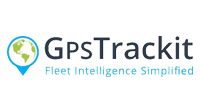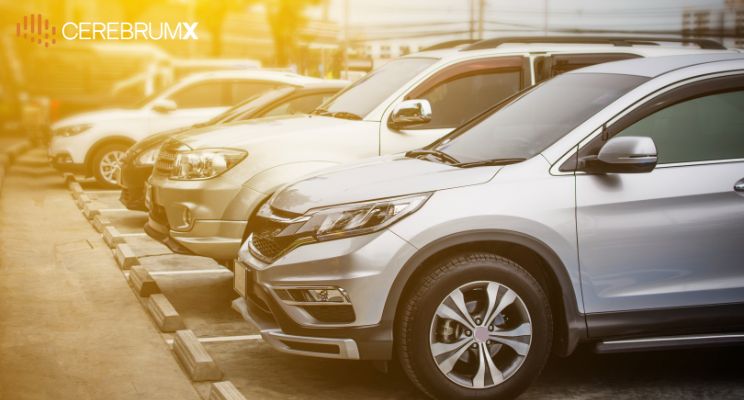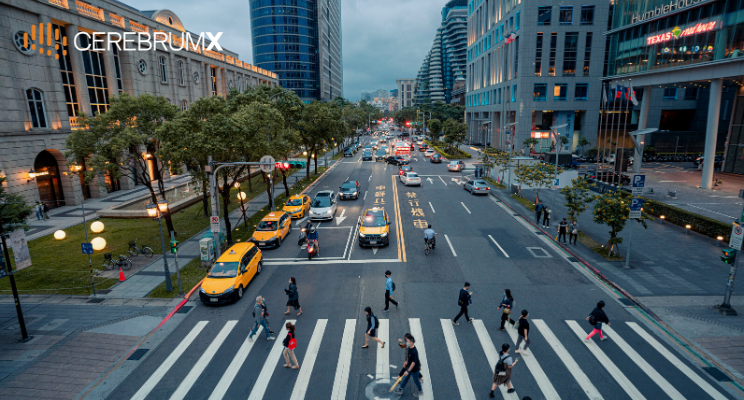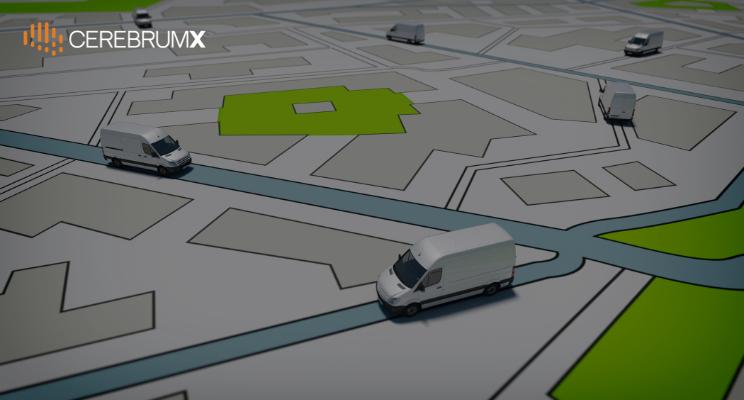The Power of AI
Machine Learning driven real-time
connected vehicle data insights
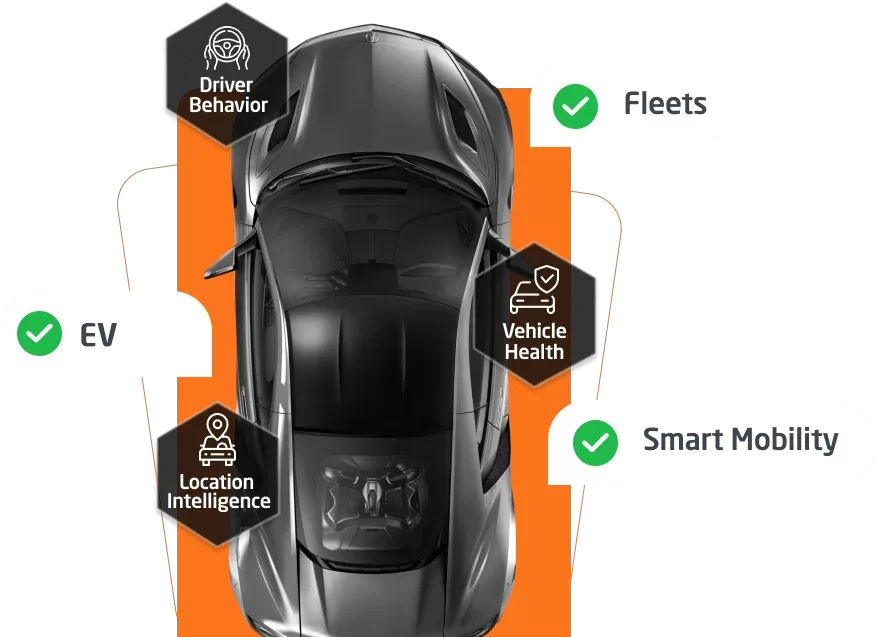
Powerful products to help you build and scale
Analyze. Predict. Improve

FleetConnect TM
Drive Efficiency, Safety & Optimise TCO for Fleets
- Odometer
- Ignition
- Vehicle Location
- Charging
- Harsh Braking
- + 50 more

ev connect
Driving Towards a Sustainable Future with Data.
- Battery
- Energy consumption
- Charging Station
- Charging cost
- + 10 more

MobilityConnectTM
Automate services for smarter Mobility
- Diagnostics
- Vehicle Location
- Battery
- Engine
- Tires
- + 40 more
Our Strategic Partners



Seamless
One Platform for all vehicles
The flexibility, power and connectivity of our platform is what sets us apart from others.
Our Augmented deep learning platform seamlessly integrates with third-party systems and applications to provide a seamless, integrated solution.
Our extensive OEM partnerships allow us to deliver the best user experience while ensuring businesses get access to all their vehicles quickly and efficiently
You can be assured that regardless of vehicle make or model, we can integrate your vehicles seamlessly into our systems.
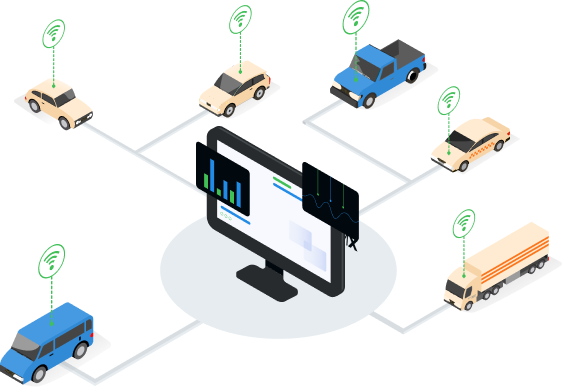
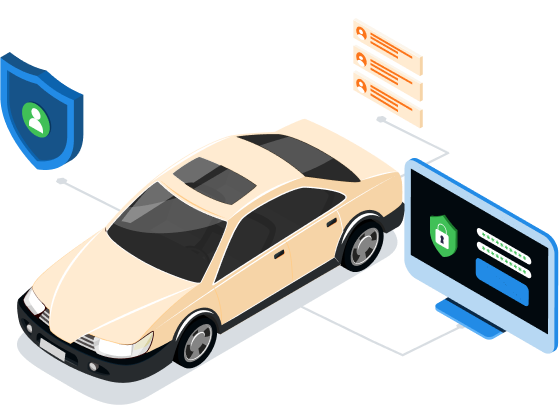
Secure
Real-time, Consented Data
We are committed to protecting user privacy, and the safety of data.
Our solution is GDPR-compliant, and owner consent is always required before we can enable data access between a car and your service.
We gather only consented, vehicle and driver data and store it securely in the cloud, giving you complete visibility on current and historical activity.
Please note that this differs from other platforms specializing in collecting anonymous data and analytics.
Scalable
Easy to integrate, No hardware dependency
We are here to make your life easier, so that you can focus on what really matters: your business.
CerebrumX offers cloud-based data platform that can be customized as per your requirement
With no additional hardware installation, we provide better, faster and richer OEM-direct data insights with unparalleled benefits.
We support the full range of vehicle architectures, the complexity of light commercial vehicles and the wide variety of protocols used by passenger vehicles.
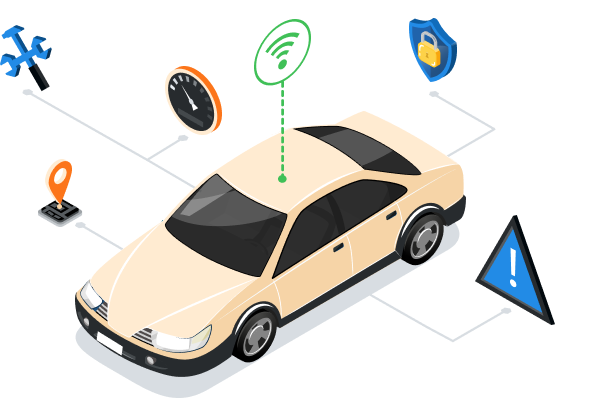
Driving towards a sustainable mobility
Sustainability has always been an area of core focus for us at CerebrumX, while innovating automotive business solutions for rewarding driving experiences
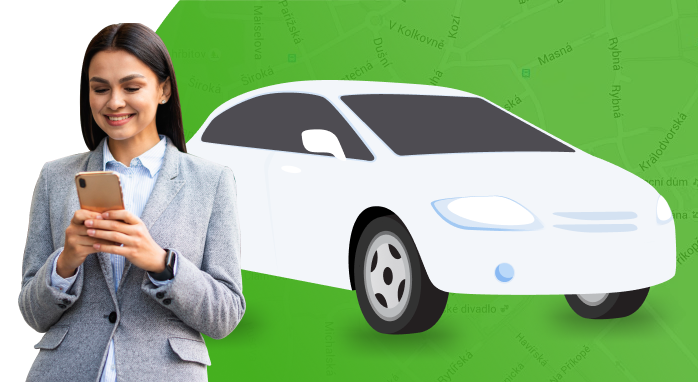










Trusted By Customers
Big and Small














